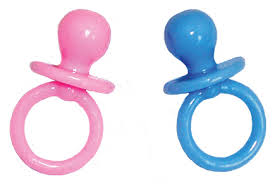What About the Children?
Before the meeting
Articles
(Read two or more)
Definitions:
Assisted Reproductive Technology: a process that involves surgically removing eggs from a woman’s ovaries, combining them with sperm in the laboratory, and returning them to the woman’s body or donating them to another woman. – Centers for Disease Control (CDC)
Third-Party Reproduction (or donor-assisted reproduction): any human reproduction in which DNA or gestation is provided by a third-party or donor other than the one or two parents who will raise the resulting child.
Genetic Father – the male, who provided the sperm for fertilization and after birth, assumes the responsibilities of the child’s father,
Genetic Mother – the female providing the egg for fertilization and concurring, after birth, to assume the responsibilities of the mother,
Paternal Donor – the male, who provides the sperm for fertilization without intending to assume responsibilities of the father,
Maternal Donor – the female, who provides the egg for fertilization and does not intend to assume responsibilities of the mother,
Traditional Surrogate – the female of child-bearing age who provides her egg for fertilization and agrees to carry a child of the genetic father without intending to assume maternal responsibilities,
Gestational Carrier – a female of childbearing age who does not provide her egg, but agrees to carry a child from the genetic parents without intending to assume maternal responsibilities.
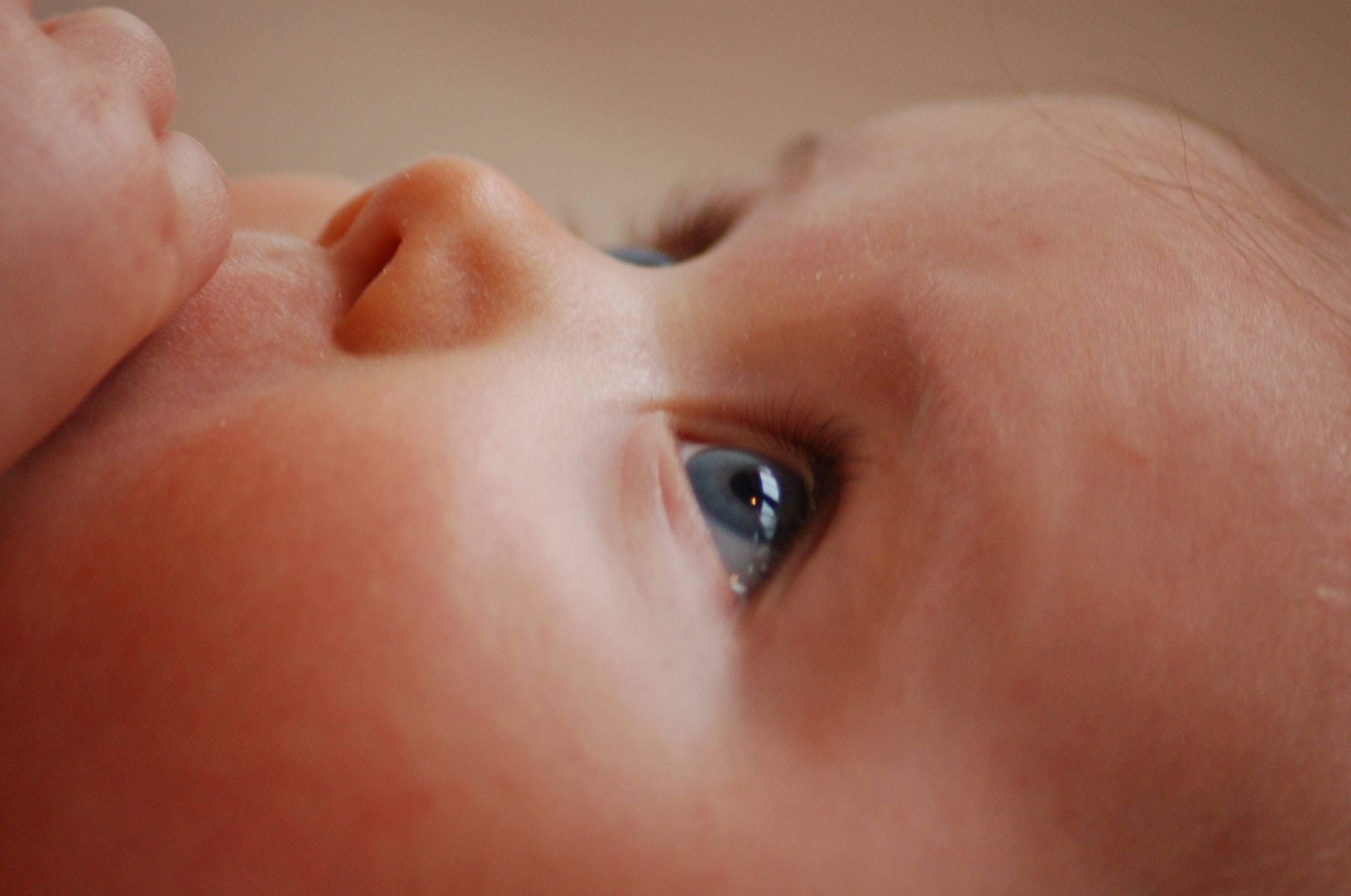
It’s Time to Put #ThemBeforeUs
In our desire to have children, we need to make sure we do not force children to lose their connections to their biological parents through artificial reproductive technologies.

What are the Rights of Donor Conceived People?
We have changed the circumstances under which certain children are born and when they struggle with that reality we demand that they be grateful to even be alive.
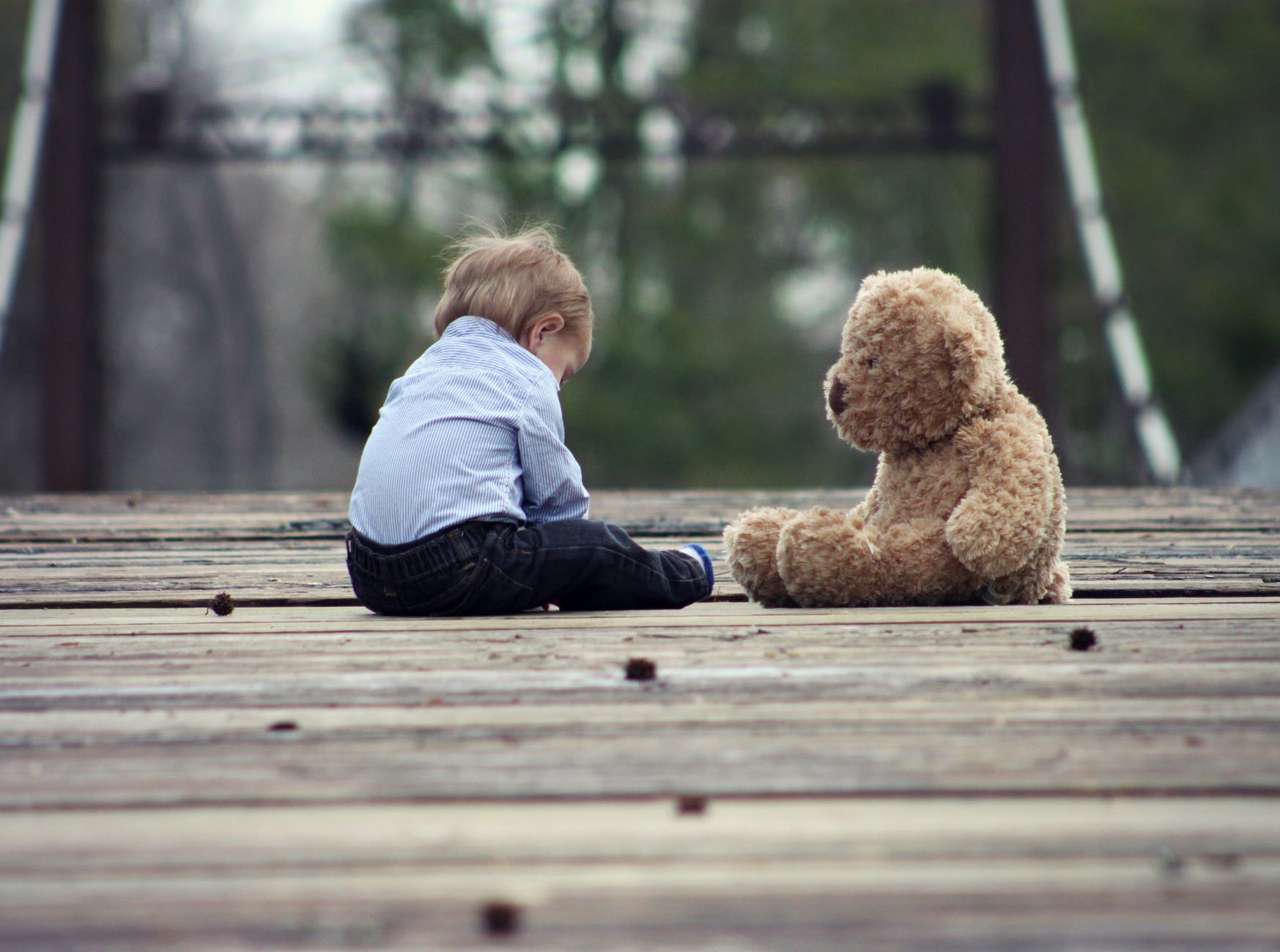
A Nobel for Edwards: Children of the Reproductive Revolution
Adults have gained options from these new techniques, while 32 years after the birth of the first in vitro baby, Louise Brown, the impact on the generation of children born by them is just beginning to receive attention.
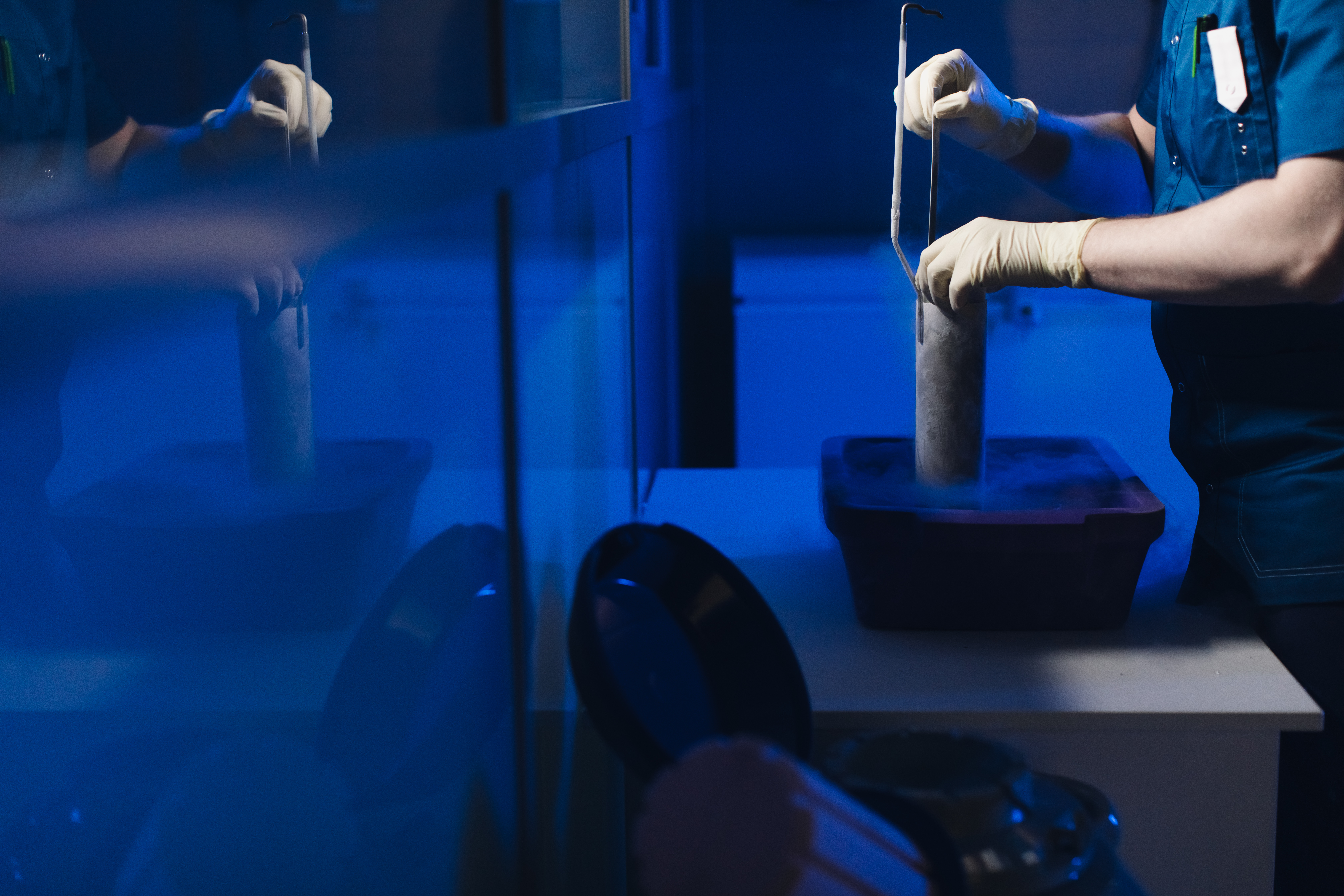
What Happens to the Embryo?
Many unborn children’s lives are frozen for an indefinite period of time.
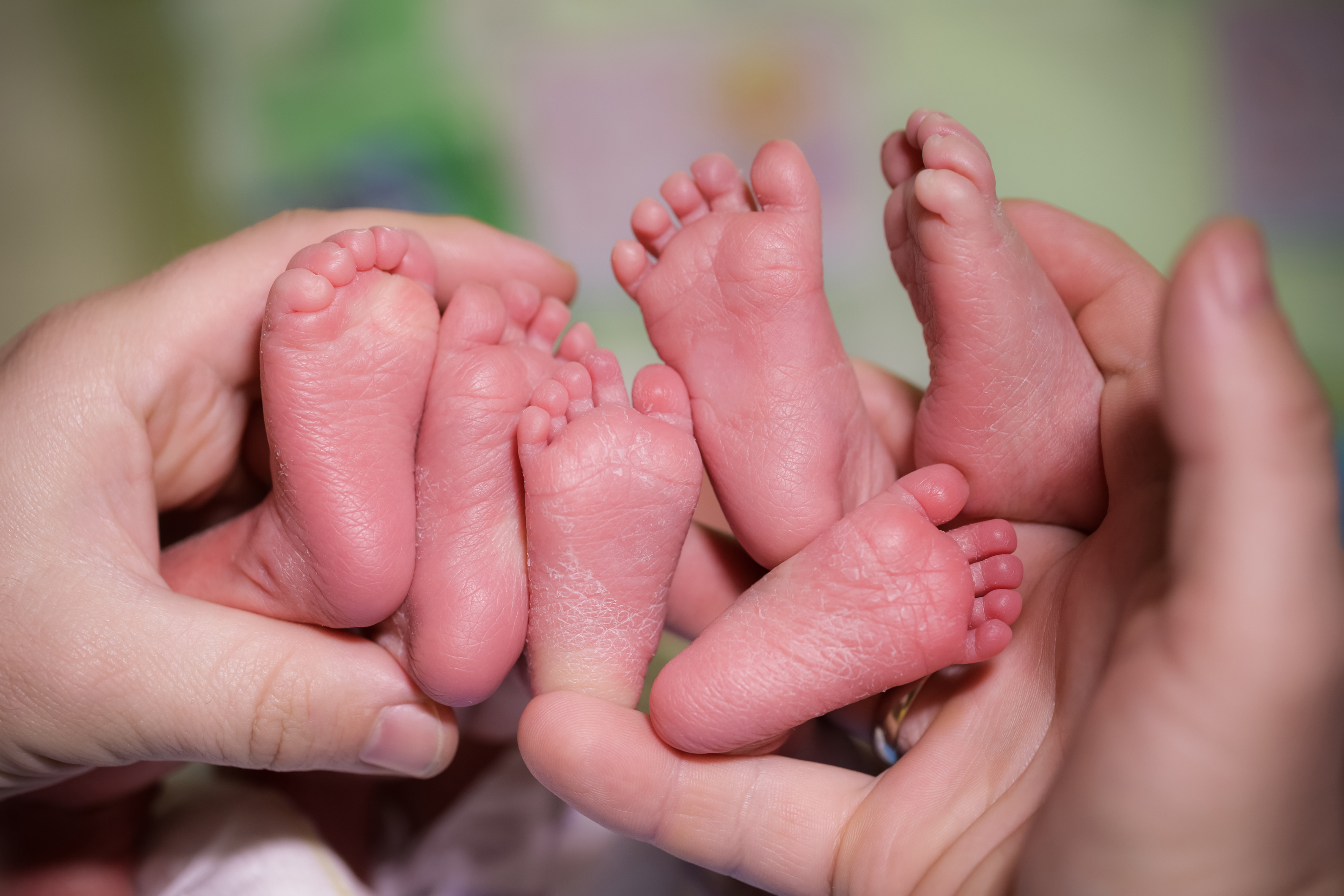
Supreme Court must take on Heartbreaking Surrogacy Case
The rise of surrogacy turns the desire for children into a reality, even if the individual is not capable of caring for the resulting children.
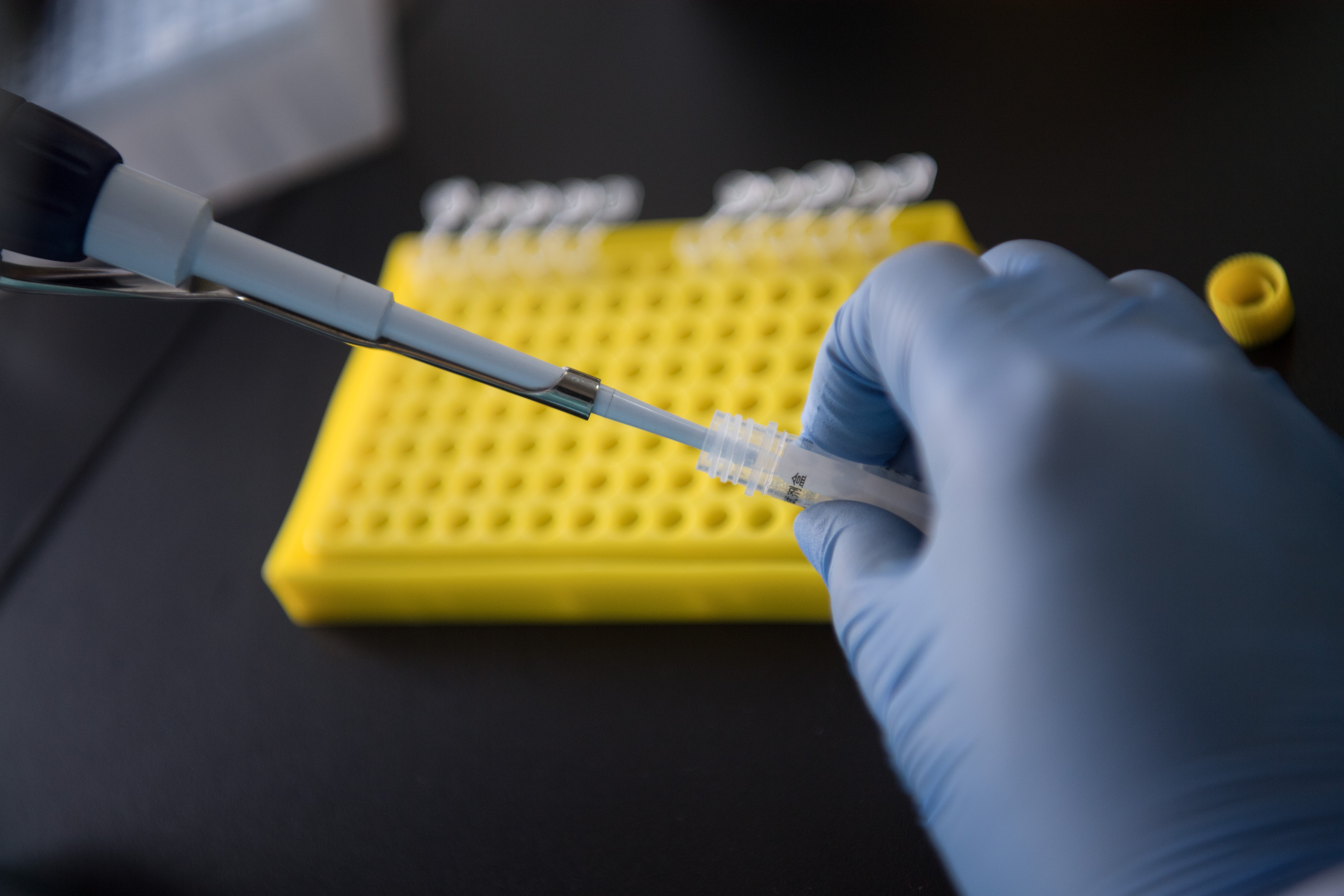
Just Because We Can Create Genetically Modified Babies Doesn’t Mean We Should
How many human lives will be destroyed in pursuit of the “perfect” baby?
Videos
(Watch one or more)
Third-party Reproduction = Injustice for Children
Directed to the UN Commission on the Status of Women, Katy Faust discusses how surrogacy and other types of third-party reproduction harms children.
Donor-conceived child wants anonymous sperm donations banned
Some born through donor conception are desperate to trace their biological fathers. And some feel so cheated, they want the whole program stopped to prevent any more children being born this way.
Anonymous Father’s Day
Children of sperm donors have an undeniable desire and link to know about their biological father and their relatives from his side. Watch this on Amazon.
Supplemental Articles
If You are Considering Becoming a Parent by Surrogacy, You Need this Information
Babies need the safety of being with the mom they knew when they were in the womb.
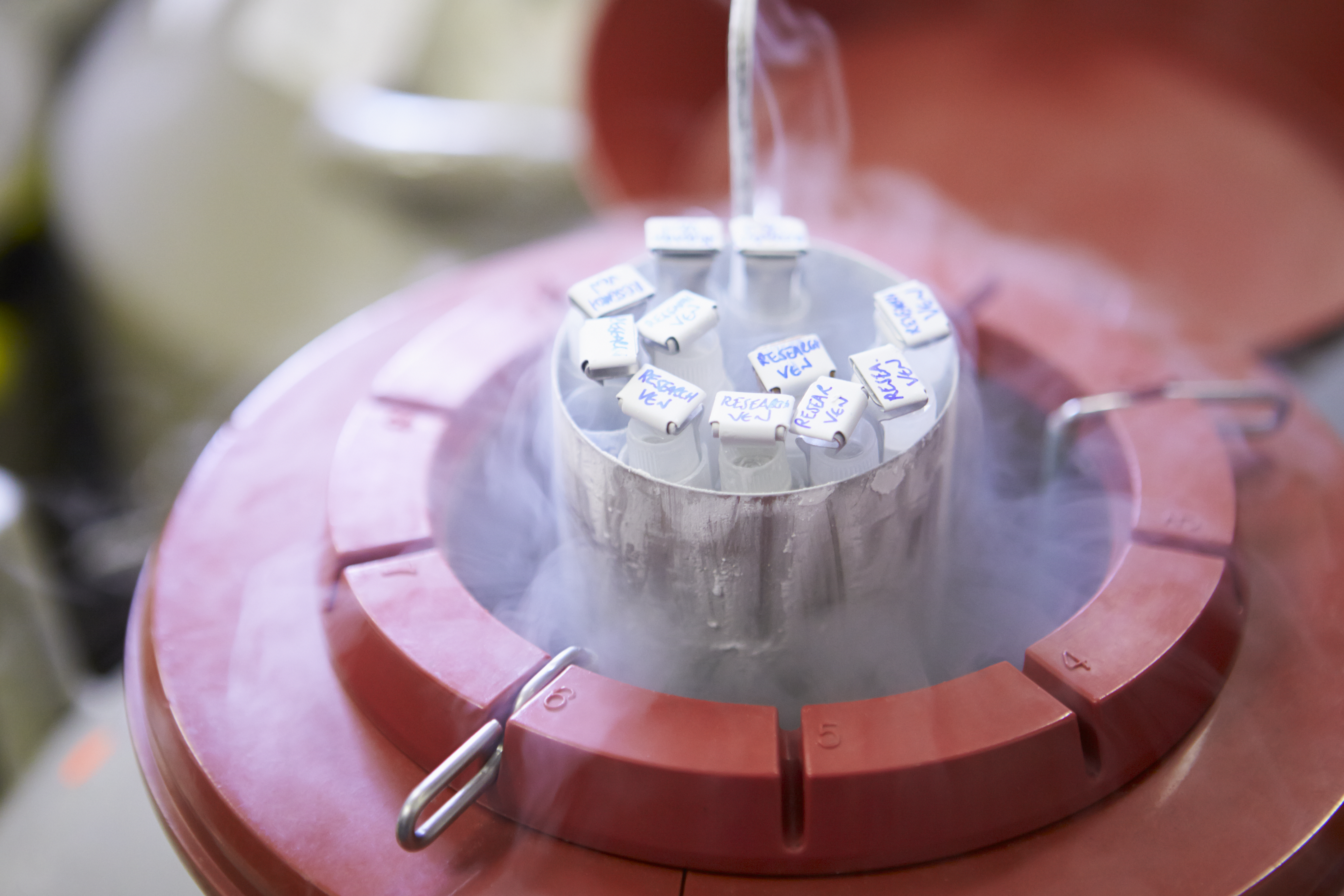
Why Parents Should be Allowed to Adopt the 700,000 Frozen Embryos IVF has Left Behind
A plea for kindness for those forgotten.
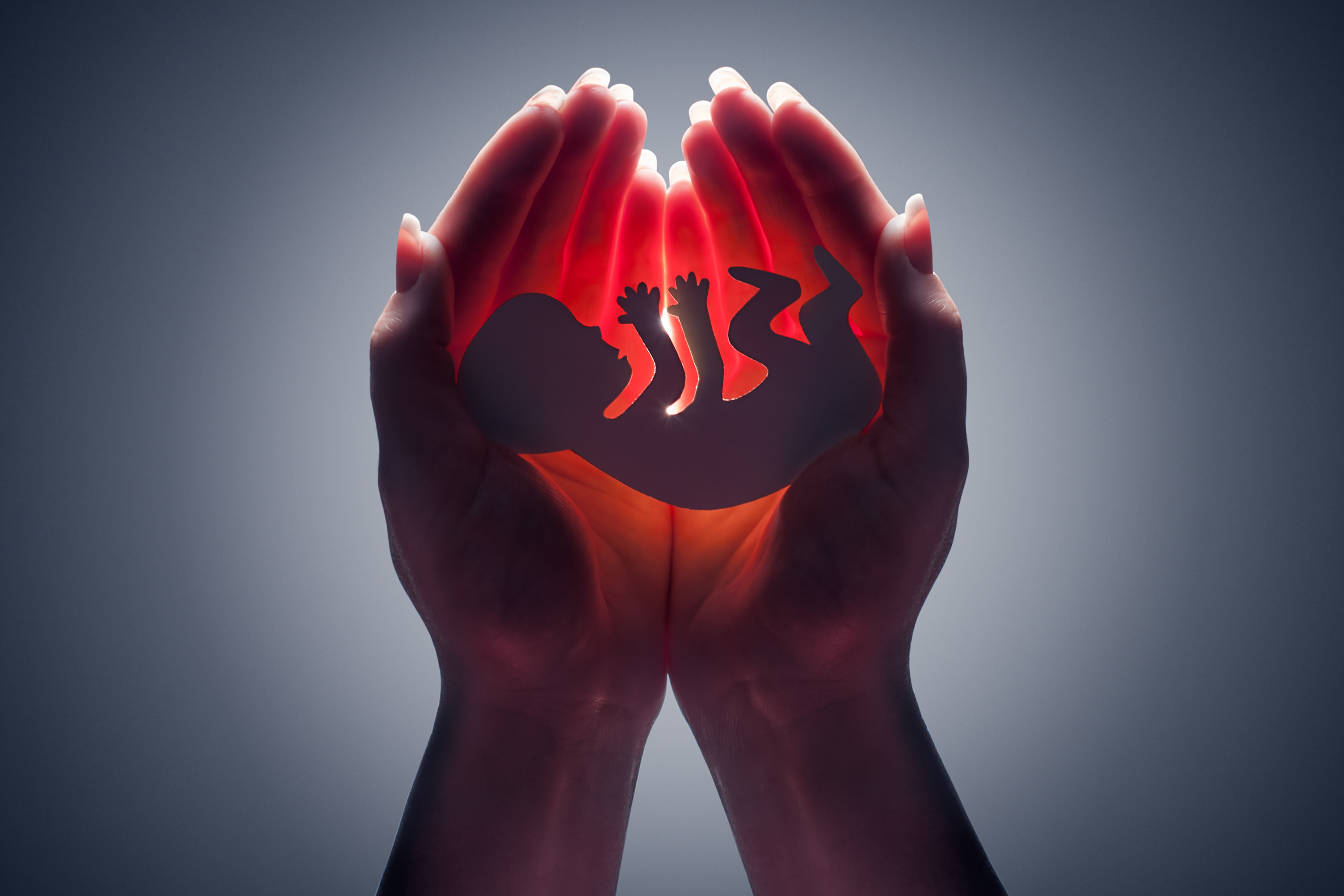
AnonymousUs Stories
Many donor conceived children share their stories of how their unique conception has influenced their experiences, and not for the better.
ThinkAgain Study Guide
A guide on the legal, medical, and ethical questions of third-party reproduction.

My Daddy’s Name is Donor Report
Understand the data and statistics behind the children created through sperm donation.

How Mother-Child Separation Causes Neurobiological Vulnerability Into Adulthood
Withdrawing maternal support early in a child’s life can have a number of physiological and behavioral consequences that may contribute to a complex, changing pattern of vulnerability over the life span.
Supplemental Videos
Kids of Donor 5114
While some of the parents of donor conceived children rejoice in the relationships their children enjoy with new-found half-siblings, the children appear to mourn for the relationship they still do not have: the bond with their biological father, as they wonder who he is and whether he ever thinks of them.
Assisted Reproductive Technologies and Human Rights
Stephanie, a donor conceived person, speaks out against anonymous sperm donation at a UN conference.


